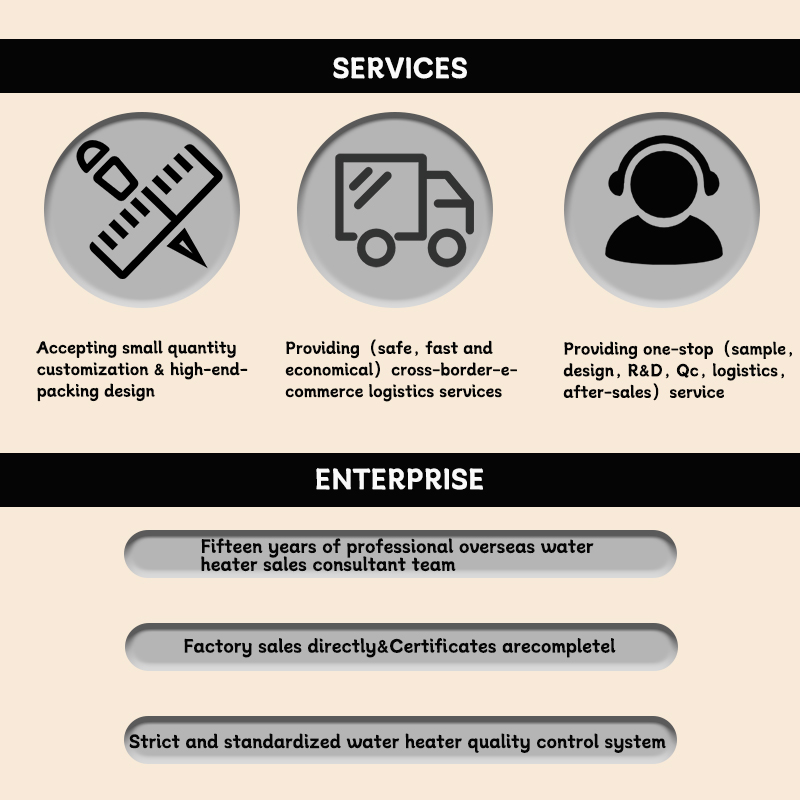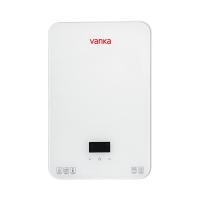Q1: What are the main advantages of an instant electric water
heater compared to traditional storage tank heaters?
A: The main advantages of an instant electric water heater are its
ability to provide hot water instantly without waiting for
preheating, saving valuable time. Additionally, it is space-saving
due to its lack of a storage tank. Furthermore, it offers improved
energy efficiency by only heating water when needed, reducing
energy waste.
Q2: Does an instant electric water heater consume a lot of
electricity?
A: Not necessarily. While an instant electric water heater requires
a higher power rating to heat water quickly, it only consumes
energy when in use, eliminating the need for continuous heating and
insulation of stored water as in traditional heaters. With
reasonable water usage and timing, its electricity consumption may
not be higher and could even be lower.
Q3: Does an instant electric water heater have any water quality
requirements?
A: Generally, an instant electric water heater has certain water
quality requirements. Extremely hard or soft water can affect the
heater's lifespan and heating efficiency. It is recommended to
assess local water quality and consider installing water treatment
equipment, such as a water filter or water softener, to extend the
heater's lifespan and maintain good heating performance.
Q4: Is the installation of an instant electric water heater
complex?
A: The installation of an instant electric water heater is
relatively straightforward but requires adherence to installation
specifications and procedures. Typically, a professional installer
will perform tasks like wiring, mounting the heater, and connecting
water inlet and outlet pipes based on your needs and installation
environment. To ensure safe and proper installation, it is
advisable to hire a professional.
Q5: What should I do if my instant electric water heater stops
producing hot water?
A: If your instant electric water heater stops producing hot water,
first check if the power supply is properly connected and if any
circuit breakers or GFCI outlets have tripped. If the power is
fine, inspect the water inlet and outlet pipes for blockages or
obstructions. If all seems well, the issue might be internal, and
it's recommended to contact a professional for inspection and
repair.















